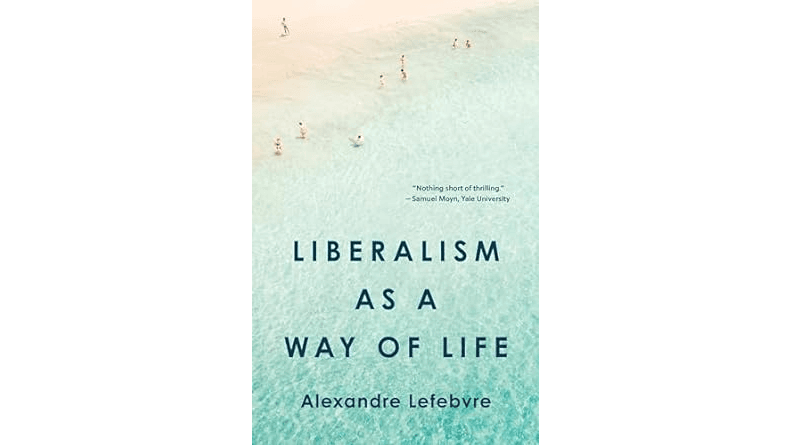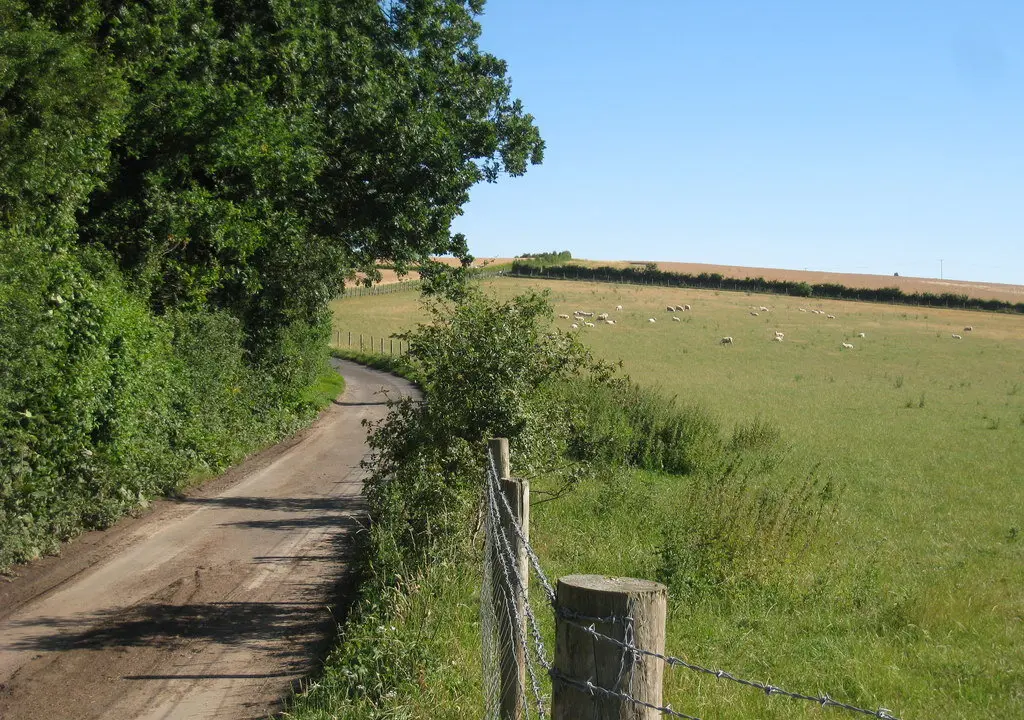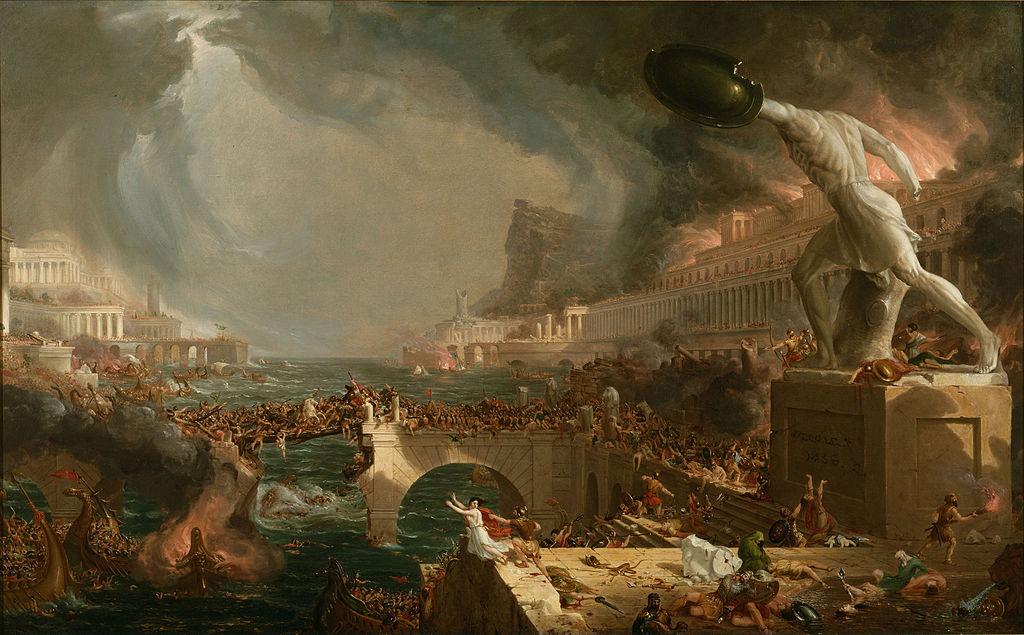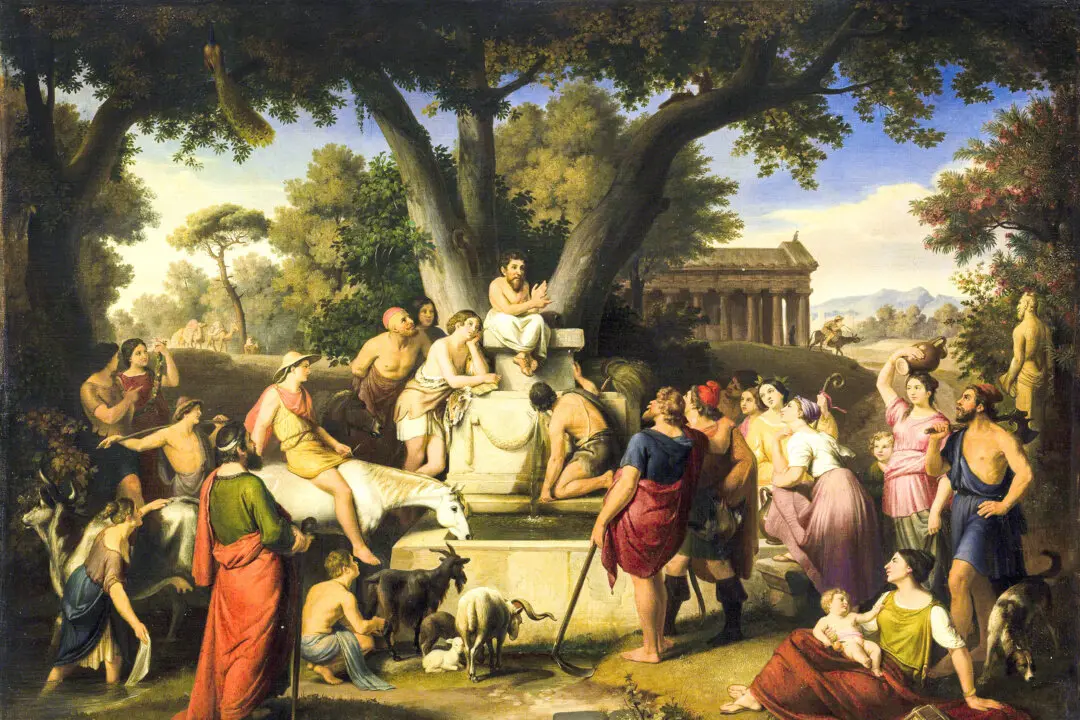“There are these two young fish swimming along and they happen to meet an older fish swimming the other way, who nods at them and says, ‘Morning, boys. How’s the water?’ And the two young fish swim on for a bit, and then eventually one of them looks over at the other and goes, ‘What the hell is water?’”
So begins writer David Foster Wallace’s acclaimed commencement speech, later published as “This Is Water: Some Thoughts, Delivered on a Significant Occasion, About Living a Compassionate Life.” Wallace’s key insight is that “the most obvious ... important realities are often the ones that are hardest to see and talk about.”






